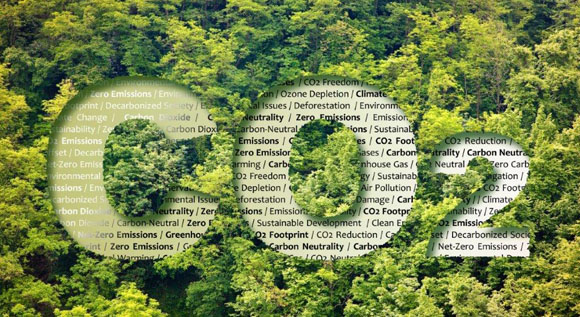Climate Action Programme 2023: course set for climate neutrality by 2045
The comprehensive Climate Action Programme targeting all economic sectors that was adopted by the Federal Cabinet in early October brings Germany a good deal closer to meeting its climate targets.
 © Adobe Stock / Francesco Scatena
© Adobe Stock / Francesco Scatena
Germany wants to be greenhouse-gas neutral by 2045 and therefore reduce its emissions by 65% by 2030 (compared to 1990).
This transition requires very swift action, because it requires cutting emissions by two thirds by 2030.
Measures cutting across all large economic sectors
This is why the Federal Government adopted a comprehensive Climate Action Programme on 4 October 2023. It sets out measures for all large economic sectors as well as cross-cutting action. Under the programme, there will be clear transformation roadmaps for each of the six largest sectors, setting out the course up until 2030. The measures to be taken in the fields of energy, the industrial sector, buildings, transport, agriculture and waste management include a mixture of regulatory instruments and funding, plus others seeking to build skills and/or provide consulting/advice.
Transport sector: important steps for decarbonisation initiated
For the transport sector, some important steps for decarbonisation have been initiated. Apart from the ‘Deutschlandticket’, a low-cost rail and bus pass valid across Germany’s regional and local public-transport network, the focus is on expanding and modernising the country’s railway infrastructure. The sale of new cars with internal combustion engines will be phased out by 2035. For this purpose, the network of charging stations is being quickly expanded. In the transport sector, tying the level of the heavy-goods vehicle toll to a vehicle’s level of carbon emissions is a key instrument for reducing greenhouse gas emissions. Nevertheless, the transport sector remains the area with the most need for further action.
The measures incorporated into the programme are designed to reduce the gap between current achievements and the 2030 climate target by 80% (from 1,100 megatonnes of CO2 equivalents to 200 megatonnes CO2 equivalents). It is now important for the implementation of the measures contained in the programme to be consistent and effective.
Further information
- Press release by the Federal Ministry for Economic Affairs and Climate Action: Federal Cabinet adopts comprehensive climate action programme (German only)
- Summary paper by the Federal Ministry for Economic Affairs and Climate Action: The Climate Action Programme 2023 (German only)
- Publication by the Federal Ministry for Economic Affairs and Climate Action: ‘Climate Action Programme 2023’ (German only)

